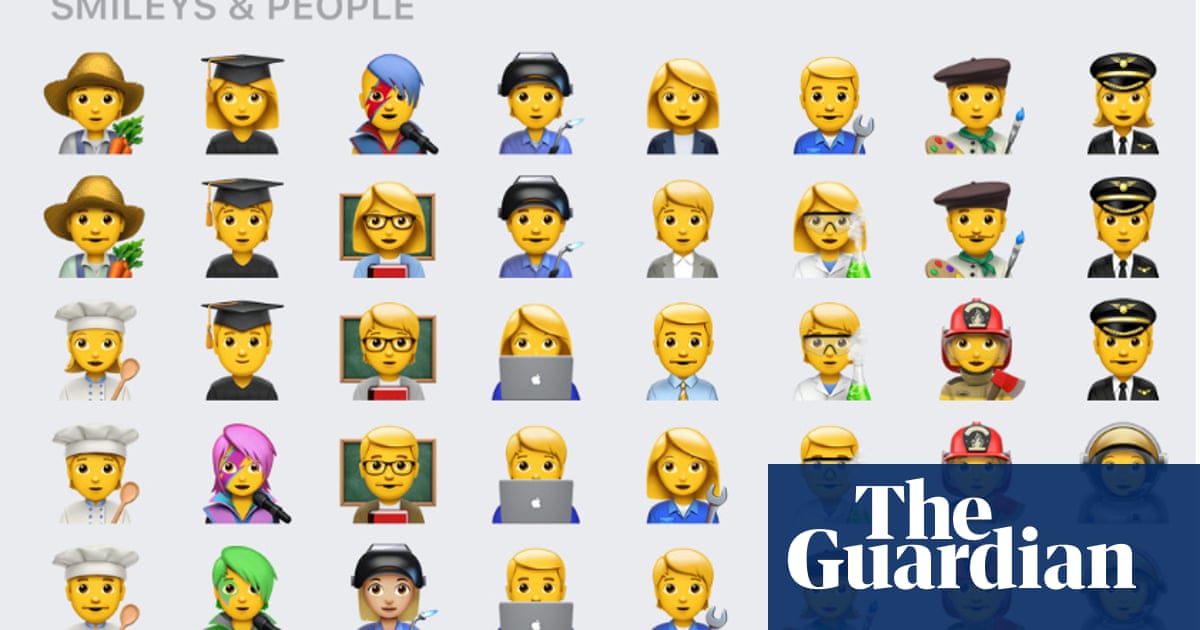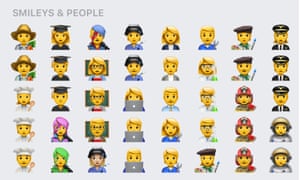Apple has expanded its emoji offerings on Monday to include non-binary versions of nearly every human emoji, including non-binary couple pairings.
The 328 new emoji designs came with the release of the company’s latest software update iOS 13.2. The non-binary emojis even extend to fantastical creatures such as merpeople, fae, and vampires.
The addition comes after Google offered Android users their own non-binary emojis in May.
Many in the LGBTQ community are celebrating the new additions, which expand on the inclusivity and diversity of the emoji library. In 2015, Apple released increased skin tone options for its human emojis.
But some are critical of the non-binary emojis for reinforcing a fixed idea of what gender-nonconforming people “look” like.
s*nya (@lavenderblunt)I feel very critical of this bc i feel like it reinforces the idea that nonbinary/gnc people should have a particular look ? Like how do u determine that these emojis are how gender-neutrality should be represented or that these emojis even represent most gnc people https://t.co/S0zyDMXliU
October 28, 2019
Gender inclusivity has become a new focus for brands and companies. The dating app Tinder recently allowed users to display their sexual and gender identities. Last year, fast-fashion giant H&M launched a gender-neutral fashion collection. And Mattel, the maker of Barbie and G.I. Joe, released a line of gender-neutral dolls last month.
The new iOS 13.2 update also includes emojis that represent people who use wheelchairs, walking cane, hearing aids, and mechanical arms and legs.
However, there are still improvements to be made. There are only five skin tones to choose from when it comes to human emojis. And some have criticized programmers for only allowing “raceless” (what many call the default yellow skin tone of Apple’s emojis) options for partner pairings and families.
There are some unexpected, highly specific new emojis as well, including a snorkel, a yo-yo, a banjo, and a juice box.
According to Emojipedia, the “Wikipedia” of emojis, there are now 3,178 emojis. In 2010, there were 625.

